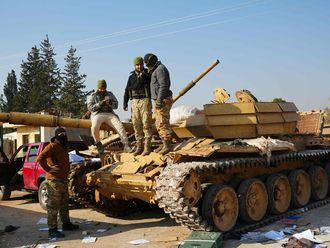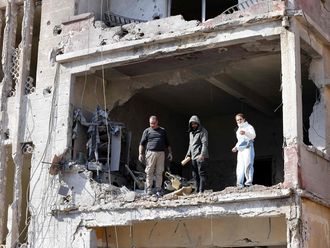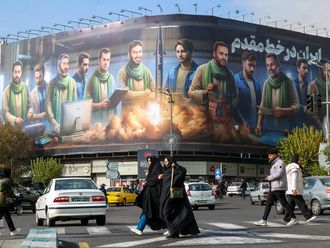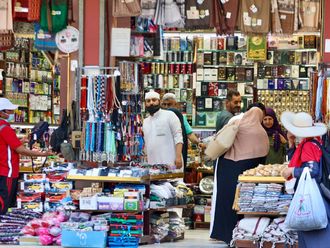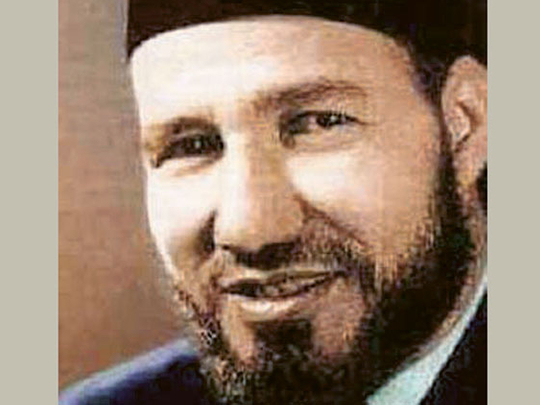
Shaikh Hassan Ahmad Abdul Rahman Al Banna was born on October 14, 1906 in Mahmoudiyah, a north-western city of Cairo. Hassan was a school teacher and imam and wrote several books on Muslim traditions. At the age of 13, he took part in the demonstrations during the 1919 revolution against the British rule.
In March 1928, he formed the Muslim Brotherhood, one of the largest and most influential Muslim organisations in the 20th century. It was established as a youth club, primarily stressing moral and social reform with Islam at its core. A decade later, the organisation was already spread to every province in Egypt and had tens of thousands of members and many sympathisers. Few years after relocating its headquarters to Cairo in 1932, it started transforming into a political entity after taking a pro-Arab position and standing by Palestinians fighting Zionist colonisation in 1936.
By the mid-forties, the group had half a million active members and nearly 5,000 branches and many more sympathisers. But the smooth relations with the authorities started to deteriorate in 1948 after the group held the Egyptian government responsible for the losses in the Arab-Israeli war. The Egyptian prime Minister Nahas Pasha declared martial law and banned the Muslim Brotherhood. On December 1948, Pasha was killed by a member of the group. Al Banna was killed near his office in Cairo by Egyptian secret service agents on February 12, 1949.
In 1951, Hassan Islam Al Hudaybi was elected as the head of the Brotherhood. For several decades afterwards, the group's relations with the authorities was tense. For many years, the group was banned and carried clandestine work. The ban on the group was lifted with the exit of Hosni Mubarak.


